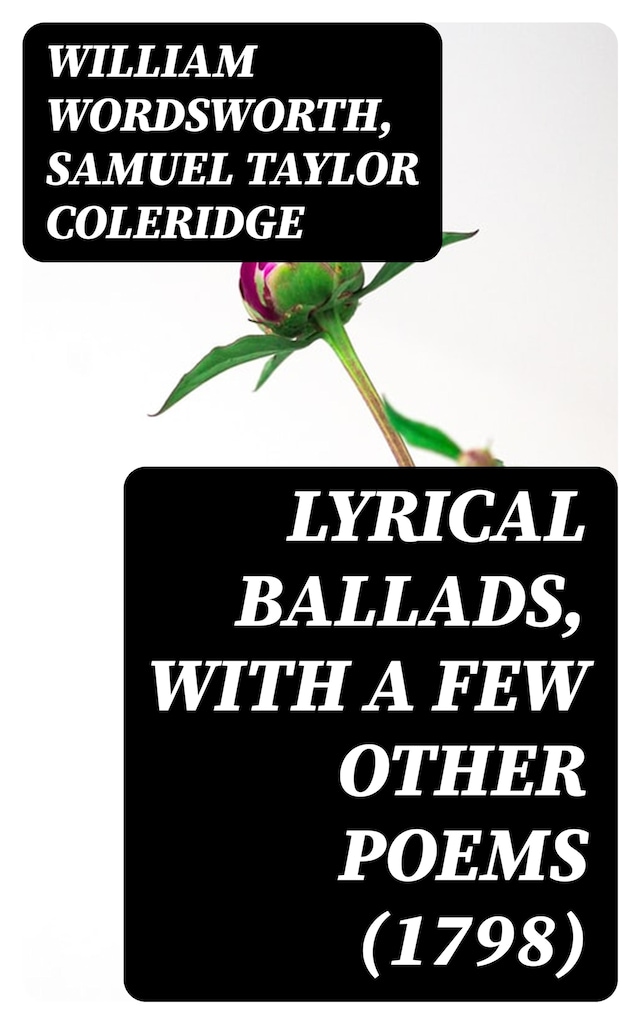
Lyrical Ballads, With a Few Other Poems (1798)


